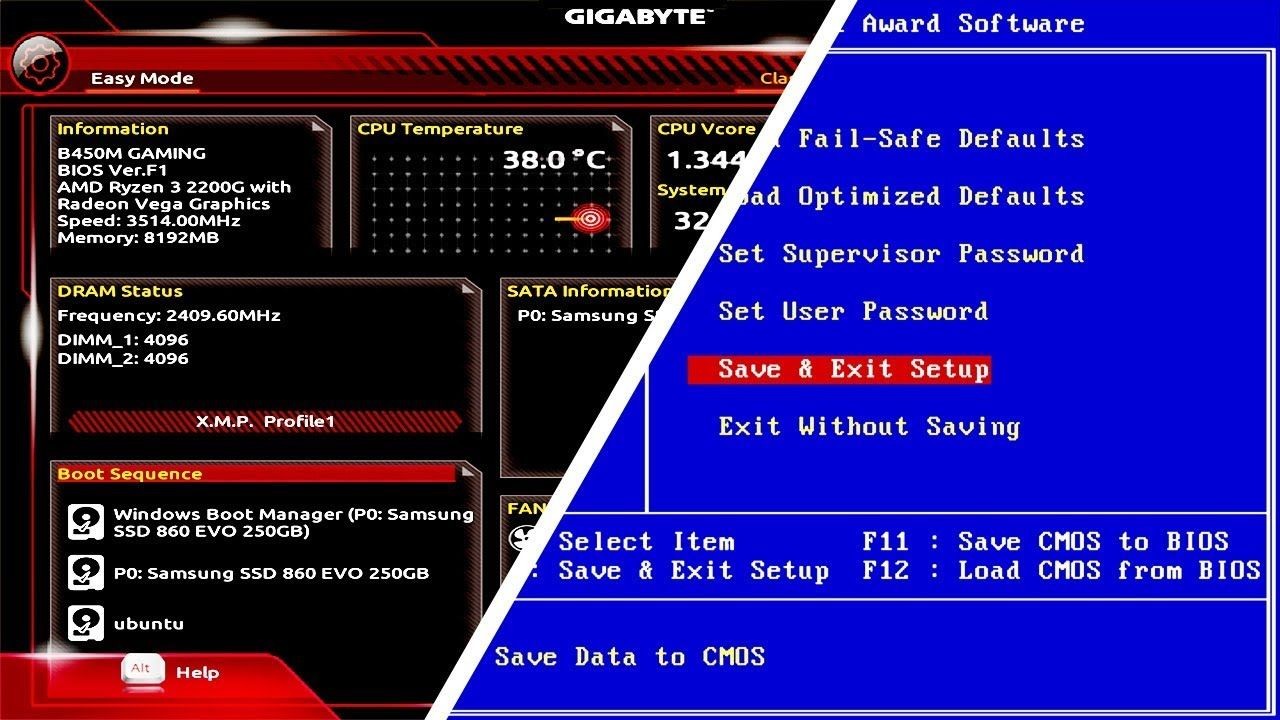
BIOS vs UEFI: The Evolution of Booting Up Your PC 🖥️🚀
Introduction
Hey, corporate professionals! Ever wondered what happens when you press the power button on your PC? It's not magic; it's the work of BIOS or UEFI. These tiny but crucial pieces of software kickstart your computer. Let's dive into their evolution and why they matter.
BIOS: The Granddaddy of Booting 🧓
What is BIOS? 🤔
BIOS stands for Basic Input/Output System. It's a small piece of code stored on a chip on your motherboard. When you power up your PC, BIOS is the first to wake up and initialize your hardware components.
The Role of BIOS 🎭
BIOS performs a Power-On Self-Test (POST) to ensure all hardware components are functioning correctly. It then looks for a bootable device, like your hard drive, to hand over control to the operating system.
UEFI: The New Kid on the Block 🌟
What is UEFI? 🤷♂️
UEFI stands for Unified Extensible Firmware Interface. It's the modern replacement for BIOS and comes with several advantages, like faster boot times and support for larger storage devices.
UEFI's Graphical Interface 🎨
Unlike BIOS's text-based interface, UEFI offers a graphical interface with mouse support, making it more user-friendly.
The Limitations of BIOS 🚧
Drive Support 📦
One of the most significant limitations of BIOS is its inability to handle storage partitions larger than 2TB. This was fine back in the day but not anymore.
Why UEFI is the Future 🚀
Beyond 2TB 📈
UEFI can handle storage devices with insanely large capacities, up to millions of petabytes. It's also quicker to boot up, making it the future of PC booting systems.
Conclusion: BIOS or UEFI? 🤔
Understanding the differences between BIOS and UEFI can help you make informed decisions when building or upgrading your PC. While BIOS has served us well, UEFI is clearly the future.
Final Thoughts 💭
In the corporate world, where system reliability and speed are crucial, understanding the booting process can be invaluable. Always consult your IT department for tailored advice on which system is best for your needs.